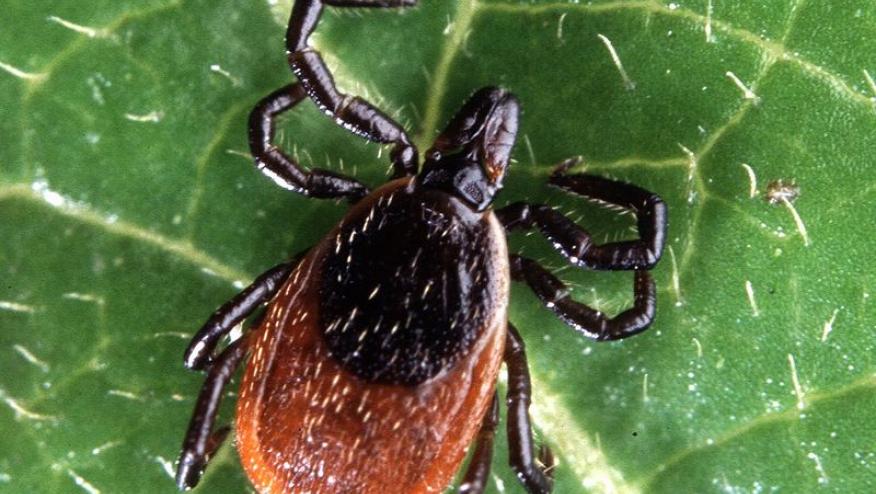Antibiotics Fail to Treat Chronic Symptoms of Lyme Disease Save

(Reuters Health) - Twelve weeks of antibiotic therapy proved ineffective at combating the long-term symptoms seen in some people who have had Lyme disease, a new test of 280 sufferers found. (Citation source http://buff.ly/1Rs21R5)
The PLEASE study analyzed patients with chronic symptoms following a Lyme infection, and their response to either doxycycline or the combination clarithromycin and hydroxychloroquine. All patients were first treated with 2 weeks of ceftriaxone.
After 12 weeks of therapy, the quality of life scores were not different between the 3 groups: doxycycline (score of 35; scale of 15 to 61), clarithromycin and hydroxychloroquine (35.6), and placebo (34.8).
This New England Journal of Medicine report suggests that active Lyme infection is not responsible for the chronic pain, fatigue, disrupted sleep and a loss of mental acuity seen in 10-20% of Lyme patients.
According to the CDC, in 2014 there were 25,359 confirmed cases of Lyme in the USA.
Lyme disease in Europe is caused by a different species of bacteria than in North America. In North America, Borrelia burgdorferi and Borrelia mayonii are most common but in Europe and Asia, the bacteria Borrelia afzelii and Borrelia garinii are also causes of the disease.
SOURCE: bit.ly/1pOqFBw New England Journal of Medicine, online March 30, 2016.










If you are a health practitioner, you may Login/Register to comment.
Due to the nature of these comment forums, only health practitioners are allowed to comment at this time.